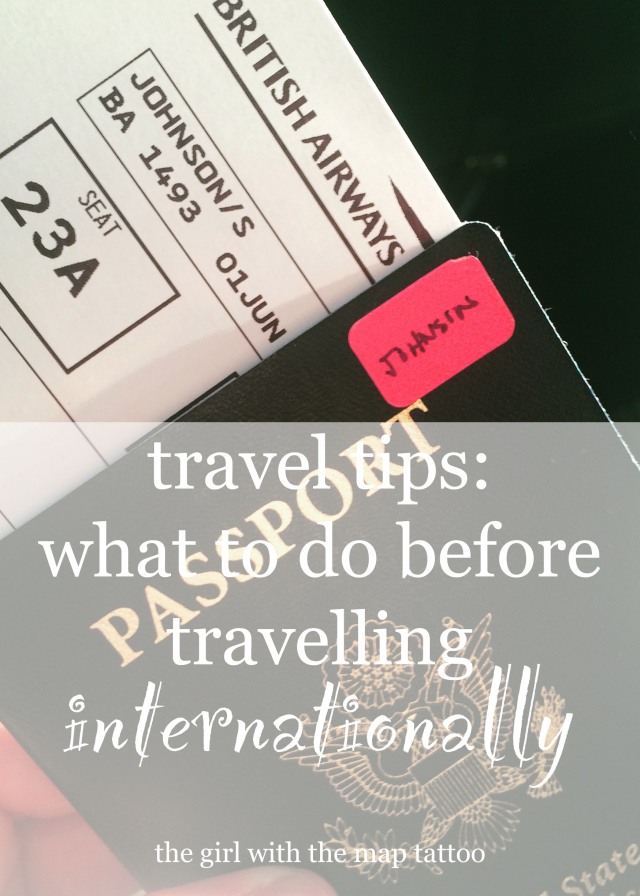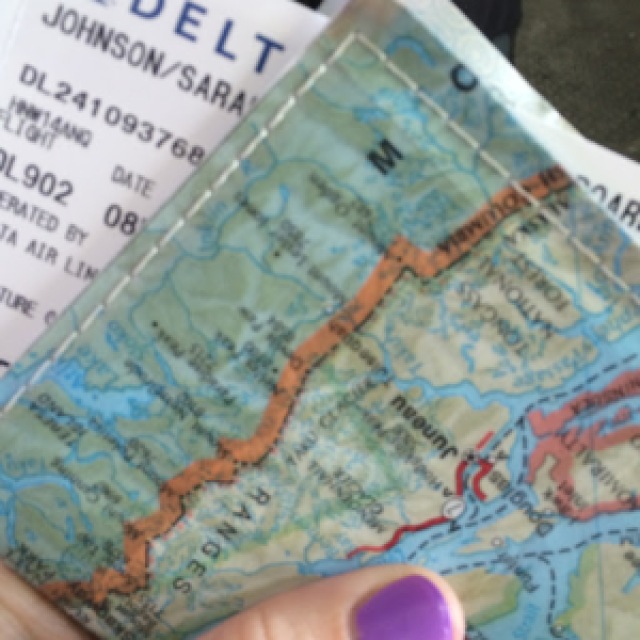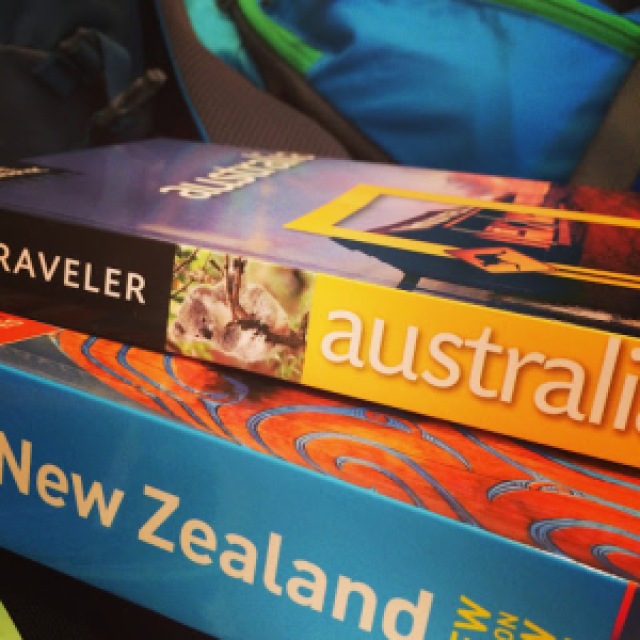Prepping for an international trip can be stressful. There are lists galore out on the internet about what to do before travelling internationally, hell, there are plenty of lists about what to do if you’re travelling domestically. But internationally has its own set of rules: visa applications, making sure your passport is up to date AND has enough pages in it for your travels, any vaccines you might need, and the need to purchase trip insurance.
It’s tough, but I created this list to help you out. I travel internationally a lot. Or I did, before I settled in New Zealand for a year. It was easy for me to make myself a list of what to do – and then do it all, one by one, so that travelling was a snap.
Trust me, these tiny little travel tips about what to do before you leave for an international trip will help you ease out of your house like a rockstar. No more “oh, shit, I forgot to set the lights,” or “oops, I need to call the credit card company!”
big things:
check your passport and visas. You won’t be allowed in to many countries if your passport expires within six months of your trip, so you should renew well in advance of your travel date. It will typically take six to eight weeks to get your passport back, unless you expedite it, in which case you’re still looking at three to four weeks. Don’t wait until the last minute to do this!! The same goes for visas. Find out well before your trip if you will need a visa, and if so, what you need to do to get it. There are a lot of countries that American citizens can visit on a tourist visa, which is typically three months and you don’t need to do anything. However, Australia is not one of those. You do need a visa for Australia. I learned this one the hard way (but you can purchase at the airport.)
if you’re American, register with the state department. You can do this well before you go, and it’s highly recommended. If there’s a national threat in the country you’re traveling in, or a natural disaster, the government can get you out.
find out what vaccinations you need. Going to Africa, Southeast Asia or South America? You will likely need a variety pack of vaccinations. You can find out what each country requires by checking the (US) State Department’s website. In the same realm, make sure you have enough of your prescription meds, and pack them in your carry on, not your checked luggage.
get trip insurance. No more will I travel overseas without it. It’s highly recommended by travelers and travel agents alike. Read my post on insurance for more information. The biggest caveat is that you should purchase it when you book your trip. My personal favourite, World Nomads, is great for people like me, who bounce around and do more active things (mountain biking, skydiving, etc.) Get a quote from World Nomads here.
notify credit card companies of your destination(s). Nothing sucks more than your debit or credit card being frozen because they think your card was stolen. Well, okay, it would suck more if someone used your card in the States, but you happen to be in India. If you tell them where you are, you’re less likely to get flagged for using your card. They might still call you – I’ve had them contact me – if they think something is suspicious, but then you’re just being safe rather than sorry.
look into an international data plan, or plan to shut your phone off when you arrive. You can ZAP your data quickly AND rack up hundreds or even thousands of dollars in phone charges if you aren’t careful. I had an international plan while going through Europe two years ago, and while passing through Canada I just went into airplane mode for a few days. Consider buying a cheap phone when you get to your destination or see what your stateside plan can do for you in another country: AT&T, Verizon, Sprint.
get your documents in order. Things like hotel reservations, car rentals, train tickets and visa information. I have a handy little document packet that I load everything into and stuff into my bag within easy reach. If you have a one-way ticket, you may be asked to provide monetary information to prove that you have funds to stay AND leave, so take a bank statement. And if you get to the hotel and they don’t have your reservation, show the front desk agent your printed copy of the email confirmation.
stop your mail. Nothing screams “I’m out of town!” like an overflowing mailbox. The US postal service will hold your mail for as long as you need, you just need to fill out a hold form.
little things:
find out what plug adapters you need. Guess what? Not every country uses the same plugs and the same voltage that we do. If you aren’t sure, don’t take the device.. like hairdryers or straighteners. I’ve seen people literally zap the power because they plugged a hairdryer in. Most hotels will have them, and you can *always* buy a cheap one if you’ll be somewhere for a long time. That being said, most hotels have USB chargers now – in the back of the TV, desk lamp, or even in a power outlet. I always travel with a million USB cables that charge everything from my phone to my iPad and cameras.
consider an extra hotel night on the front end of your trip, or request early check in. Even early check in might not get you into the room until 11am or noon. If you arrive at 6am, you’ll still have five hours to kill before you can get a nap in. That’s why a lot of travellers recommend booking a night for the night before you arrive. Just tell the hotel you’ll be checking in early the next morning.
learn a little bit about your destination.Things like how to get from the airport to the hotel, so you can tell if the cab driver is scamming you, where the best breakfast places are if you’re landing early, what to see and do in town. This saves you from poring over guidebooks while walking around town the next day.
learn a little bit of the local language. I always learn how to say hello, please, thank you and goodbye in the local language, and “where” is also a good one to know. Some of my friends like to learn “one beer, please,” as well. Can’t go wrong with that!
plan how much money to get from the atm upon your arrival. You can purchase currency from places like TravelEx, but it costs you more money than you get, so I never do that. Some people do recommend it, but I tend to find the ATM that’s in the arrivals terminal, near baggage claim, and just get a hundred dollars worth of money out. Check with your bank beforehand to find out about foreign transaction fees: it might be worth it to buy some money. If you have Charles Schwab, you pay NO fees AND they reimburse you any ATM fees at the end of the month. I’ve had Schwab for years now and i love love love it.
set lights on timers. There’s even an app for that now, so you can schedule your lights to go on and off at random times each day instead of at the same time. What’s the benefit of this? Anyone watching your house will see a light go on at 4pm one day and 3:30pm the next day. Bedroom lights can go one and off to make it look like someone walked in and out. Home security taken to the next level. You can even schedule your tv to go on.
what do you do before an international trip to make your life less hectic? post your tips in the comments below!
more research:
US State Department
World Nomads
learn about your destination
Like this post? Pin it!

*some links in this post are affiliate links, which means that I earn a small commission if you purchase anything through them.



